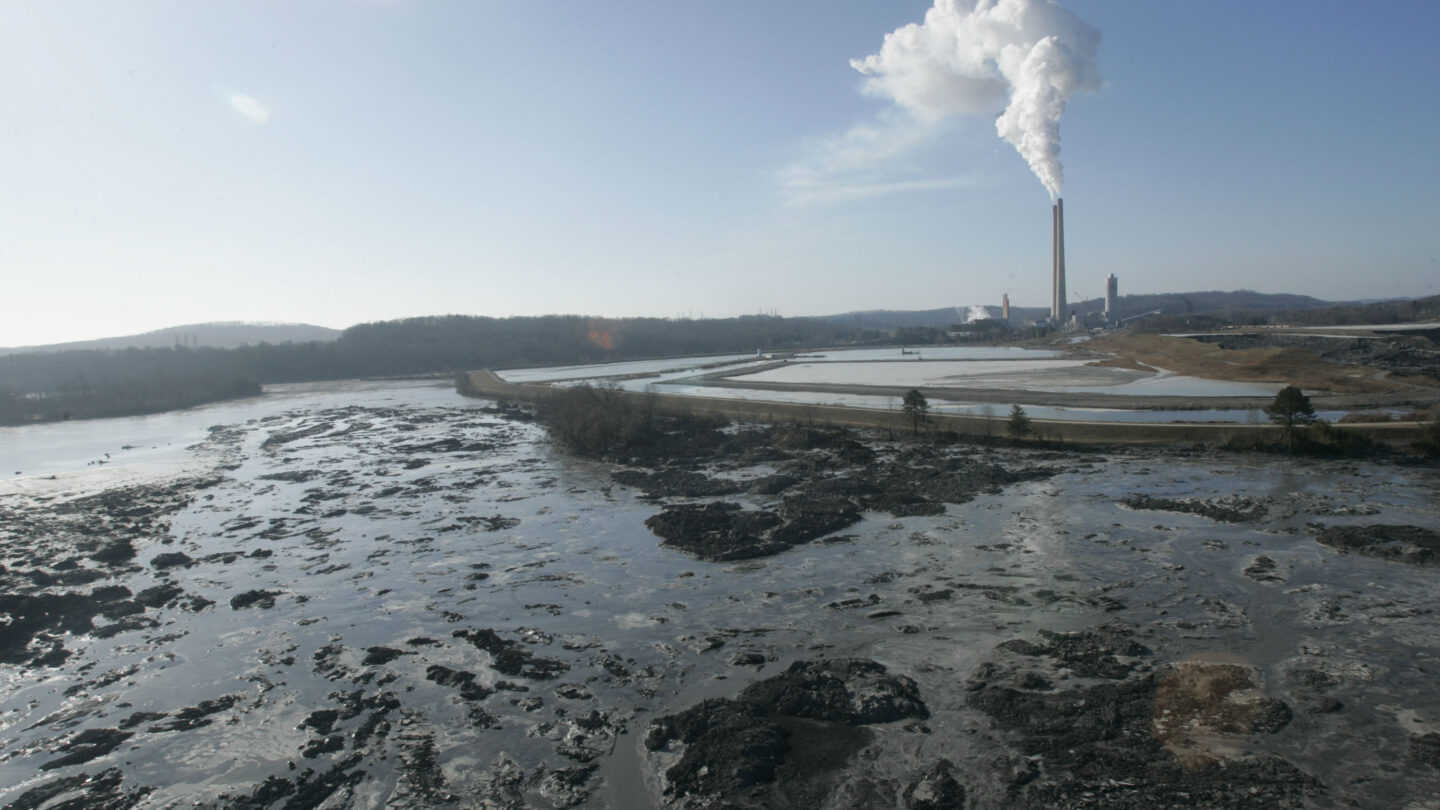The U.S. Environmental Protection Agency on Thursday said it is poised to reject Alabama’s proposal to take over coal ash regulation, saying the state is not doing enough to protect people and waterways.
The agency issued a proposed denial of the Alabama Department of Environmental Management’s application to allow the state permit program to operate in lieu of the federal program. The agency said in a news release that Alabama’s program is significantly less protective of people and waterways than the federal regulations require.
“Exposure to coal ash can lead to serious health concerns like cancer if the ash isn’t managed appropriately,” said EPA Administrator Michael S. Regan. “Low-income and underserved communities are especially vulnerable to coal ash in waterways, groundwater, drinking water, and in the air.”
The agency said it identified deficiencies in ADEM’s permits with closure requirements for unlined surface impoundments, groundwater monitoring networks, and corrective action requirements.
ADEM did not immediately respond to an email seeking comment.








